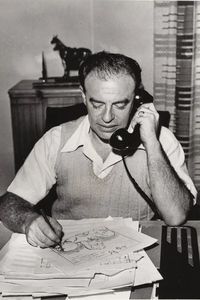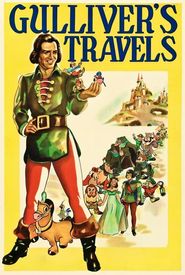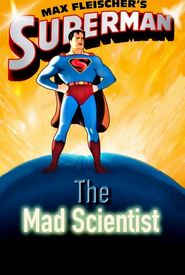Dave Fleischer was an American film producer and director of animated films, best known for co-founding the animation studio Fleischer Studios with his brother Max Fleischer in 1929. The studio was responsible for producing several iconic animated series, including Betty Boop and Popeye the Sailor, as well as two feature films, "Gulliver's Travels" (1939) and "Mr. Bug Goes to Town" (1941).
Born in New York City, Fleischer grew up in the impoverished Jewish neighborhood of Brownsville, Brooklyn. He began his career in the film industry as an usher at the Palace Theater on Broadway, where he developed a familiarity with the gags and comic timing required in vaudeville-style comic acts.
Fleischer's early work included stints as a clown for a sideshow amusement in Coney Island and as a film cutter for Pathé Exchange. In 1921, he and his brother established their first animation studio, Out of the Inkwell Films, which was later renamed Fleischer Studios.
The Fleischer brothers were pioneers in the field of animation, introducing several technological innovations and producing the earliest animated sound films in 1924. They also produced several successful series of animated short films, including Betty Boop and Popeye the Sailor, which became popular worldwide.
In the 1930s, Fleischer supervised the production of several lucrative series of animated short films, including the aforementioned Betty Boop and Popeye the Sailor series. He also worked on the production of his first animated feature film, "Gulliver's Travels" (1939),which earned about 3.3 million dollars at the domestic box office.
In the early 1940s, Fleischer launched production of several new animated series, including "Stone Age Cartoons" (1940),"Gabby" (1940-1941),and "Animated Antics" (1940-1941),which were commercial flops. He also worked on the production of his second feature film, "Mr. Bug Goes to Town" (1941),before resigning from the studio in late 1941.
After his resignation, Fleischer worked as a producer for Screen Gems, a subsidiary of Columbia Pictures, where he supervised the production of "The Fox and the Crow" (1941-1950) and an animated film series based on the comic strip "Li'l Abner". He was also involved in the production of the low-budget anthology series "Phantasies" (1939-1948).
In the 1950s, Fleischer developed an elf-like new character, Snippy, and attempted to secure funding for a new animated series from Republic Pictures, but the project ultimately ended in development hell. He continued to work in the animation industry, providing animation sequences for B-movies and working as a technical specialist for Universal Pictures.
Fleischer's last work as a technical adviser was in the live-action film "Thoroughly Modern Millie" (1967),a period piece set in the 1920s. He then permanently retired and spent the last decades of his life living at the Peyton Hall apartment complex on Hollywood Boulevard.



























































































